During a recent interview between GQ Magazine and the head of PlayStation Studios Herman Hulst, Hulst said that Sony was not in an arms race against Microsoft or anyone else when it came to acquiring game development talent.
GQ: There are a lot of companies making acquisitions in gaming at the moment. Microsoft just bought Bethesda for $7.5 billion, Facebook has scooped up a lot of developers in the VR space of late and now Sony is purchasing Housemarque. Looking at the industry from the outside, it feels like a bit of an arms race. Is that how you see it, Hermen?
HH: No, not at all. We’re very selective about the developers that we bring in. Our last new acquisition was Insomniac [for $229 million in 2019], which has worked out very well. I’m always looking for people that have a similar set of values, similar creative ambitions and work very well with our team that we can further invest in and help grow as creators. It’s not like we’re going around and just making random acquisitions.
Why PlayStation bought Returnal developer Housemarque: the inside story via GQ
Hulst is certainly telling the truth here. Sony is making carefully curated, strategic acquisitions that will bolster its first-party output. Already in a stellar position on the first-party front, Sony is simply adding even more talent that fits their goals as a premium first-party powerhouse.
Hulst’s statement however isn’t telling the whole story. Sony is indeed in an arms race. So is Microsoft and any other major videogame publisher that has their sights on being a dominant force in the gaming industry in the not too distant future. One of the first articles I put together for this site was about Xbox’s plans for the future.
In that post, I talked about how Microsoft is already making the moves to transition into a digital and streaming-only future. Where games are no longer presented as a disc on one particular form of dedicated hardware but a future where games will be accessible on multiple devices, on multiple screens, through streaming and perhaps more traditional means such as some kind of dedicated hardware.
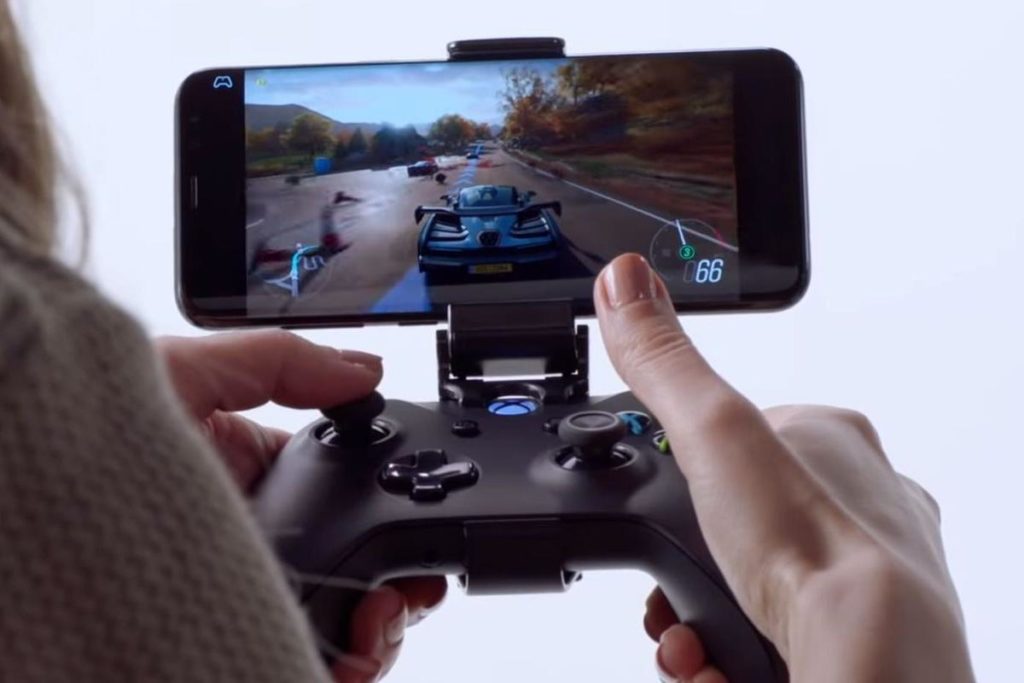
Since home videogames first arrived on machines like the Magnavox Odyssey, mainstream gaming at home has meant you either had to have a dedicated game console or a PC, this fact is starting to change. Streaming services, subscription services, and the ever-evolving models of games such as games as a service, are rapidly altering the way people consume and interact with videogames.
This change isn’t a swift one for many reasons–streaming technology and widespread reliable internet being two tremendous barriers. Game streaming will still be several years away from being the primary way that current console and PC gamers access their games. It may even be that streaming in the sense that we understand it now won’t even be how this all pans out in the end. What is clear, however, is that the winds are changing–gaming is becoming less about actual hardware and physical discs and more about providing games directly to consumers in the way they prefer to play them.
Why are PlayStation and Xbox in an arms race?
Right now in the mainstream, core gaming ecosystem, we have 4 major platforms. Sony with the PlayStation, Nintendo with the Switch, Microsoft with their Xbox consoles, and PC gaming. Sony, Nintendo, and Microsoft are the big three platform holders who are in constant competition with each other to get consumer dollars. It has been these three battling it out on the console scene for the last 20 years.
The home gaming market has behaved like this since its earlier days. Competing companies releasing their game consoles, trying to carve out their own niche’s in the industry to draw in consumers. This still is the case now and it still will be for some time; however, because technology has grown to the point where you no longer need to have a dedicated piece of hardware to compete in this industry, other companies are starting to jump into the fray to get a slice of the $180 billion dollar gaming industry pie.
The number of people who own consoles today is broadly the same as it was in the late 1990s, around 240 to 260 million people.
“We’re just getting people in the gaming world to spend more money,” Layden tells us in an interview following his appointment to Streamline Media Group’s advisory board.
He continues: “With each console generation, the cost of games goes up 2x. So PS4 games were $100 to $150m, so it stands to reason that PS5 games — when they hit their stride — will be in excess of $200m. It’s going to be very difficult for more than a handful of large players to compete in that space.”
Interview between Game Industry Biz and former Sony Boss, Shawn Layden
While gaming is generating more profit than ever, the number of console owners doesn’t seem to be rising very much in comparison. Leaders in the gaming industry are seeing there is massive potential for far more lucrative profits if they can only reach a bigger audience than the stagnant console market.
The industry continues to grow at a rapid pace in areas outside of console ownership, there is lots of money to be made in games, and major corporations like Google, Apple, Amazon, and Netflix are all trying to find a way to get in on it. So how does this spell out an arms race? In an industry where having a platform–not necessarily a piece of hardware–that is attractive to consumers is key to generating sustained revenue, having a plethora of exclusive content on your platform that people want to consume is a must.
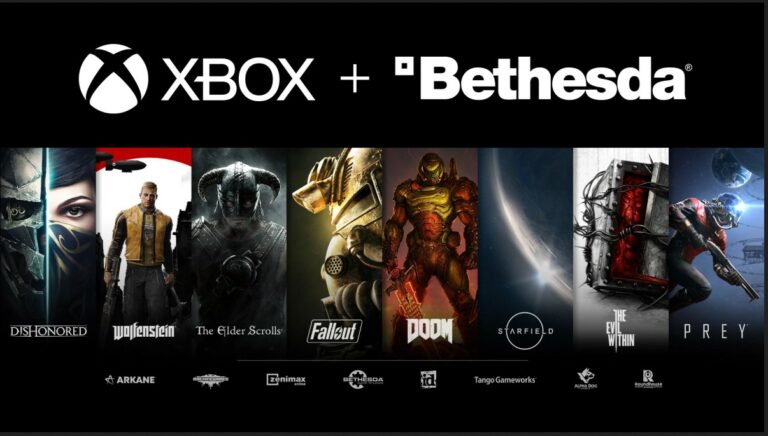
Content, which in this case largely means exclusive games, is the ammunition that these companies need to arm themselves with in order to stand a chance against the top platform holders in the business. Sony and every other game company that wants to be a dominant force in the industry is in an arms race to ensure they have enough exclusive content to continually pump out games that will keep people subscribed to and or using their platforms over others.
This blueprint isn’t really different than what consoles have been doing since the dawn of gaming, the biggest difference is that if we are talking subscriptions and digital platforms, these companies will need more content than ever to stay highly competitive and gamers will be able to access this content from multiple points of entry in order for these companies to reach as many people as possible.
Talented Videogame Studios are a rare and finite commodity
Here is the big secret that Sony and Nintendo have known all along. Talented videogame studios are made through years of experience and continuity. The majority of the most highly acclaimed game development studios have been around for a decade or longer. Naughty Dog, Insomniac, Nintendo, Rockstar, etc. have been around for over 20 years.
These studios didn’t just become powerhouses overnight, they spent many years making games, honing their craft, and becoming elite producers of videogames. One of the most lethal mistakes Microsoft has made since they got into the console game market back in 2001, was their mismanagement and eventual closure of many of their game studios.
Over the years they have shuttered studios and cut their first-party capability down so severely, that during the Xbox One generation they could barely compete on an exclusive game level. They completely underestimated the importance of having reliable, quality, exclusive game content and they tried to be the top gaming platform by primarily hosting third-party games that could be played on other consoles.
Fortunately for Xbox, Phil Spencer took over at the start of 2014 and since then he has worked hard to build Xbox Game Studios up into a future powerhouse that can not only compete with Sony and Nintendo but could very likely beat them in regards to the quantity of first-party exclusive games that they can produce.
Being a current major player in the gaming industry gives Nintendo, Sony, and Microsoft a huge edge over the other major companies who are trying to get into the games business because they know that game development talent and quality games are paramount if you want to attract a large consumer base.
Amazon, Google, Apple, and Netflix are going to realize that you can’t just create new, high-quality game studios from scratch and produce great AAA games. This isn’t the TV show or film industry where you can feasibly create studios and get great films up and running in a matter of months.
The Arms Race for PlayStation has been heating up for a while now
Game development takes a lot of time, it takes expertise, and it takes a massive investment. The quickest way to get to a point where you are a powerful, producer of game content is to buy studios that are already good at making games. Microsoft saw this and acted quickly, buying up a whopping 16 studios since 2014!
Currently, Microsoft’s Xbox Game Studios are sitting at 23 studios strong with more future acquisitions being likely. They are aggressively gearing up to provide their current industry-leading platform, Xbox Game Pass, with a steady stream of exclusives games to get players to sign up and join the Xbox ecosystem on console or PC.
Sony who already has a cadre of the best game development talent in the world is also gearing up in this arms race to further cement their talent and retain their stranglehold on ultra-polished quality game experiences. Adding Housemarque, Nixxes, and possibly Blue Point, are power moves that help ensure Sony does not fall behind.
The arms race is for real and it is going on right now. Don’t be surprised when you see a company like Amazon or Google, begin to buy up well-known established game studios. If they are serious about mainstream gaming, that is their easiest route to establishing a presence.
The arms race is on, currently, Sony and Microsoft are the two most active participants in this race and they are in the best position to take pole position from their competitors when the future of gaming begins to blend into place with the present. The gaming industry is in for a wild ride and all of us gamers have the best seats in the house to watch it go down.
Thank you for reading! What are your thoughts? Do you think there is an arms race? Did you like this article? Let’s discuss it in the comments below!


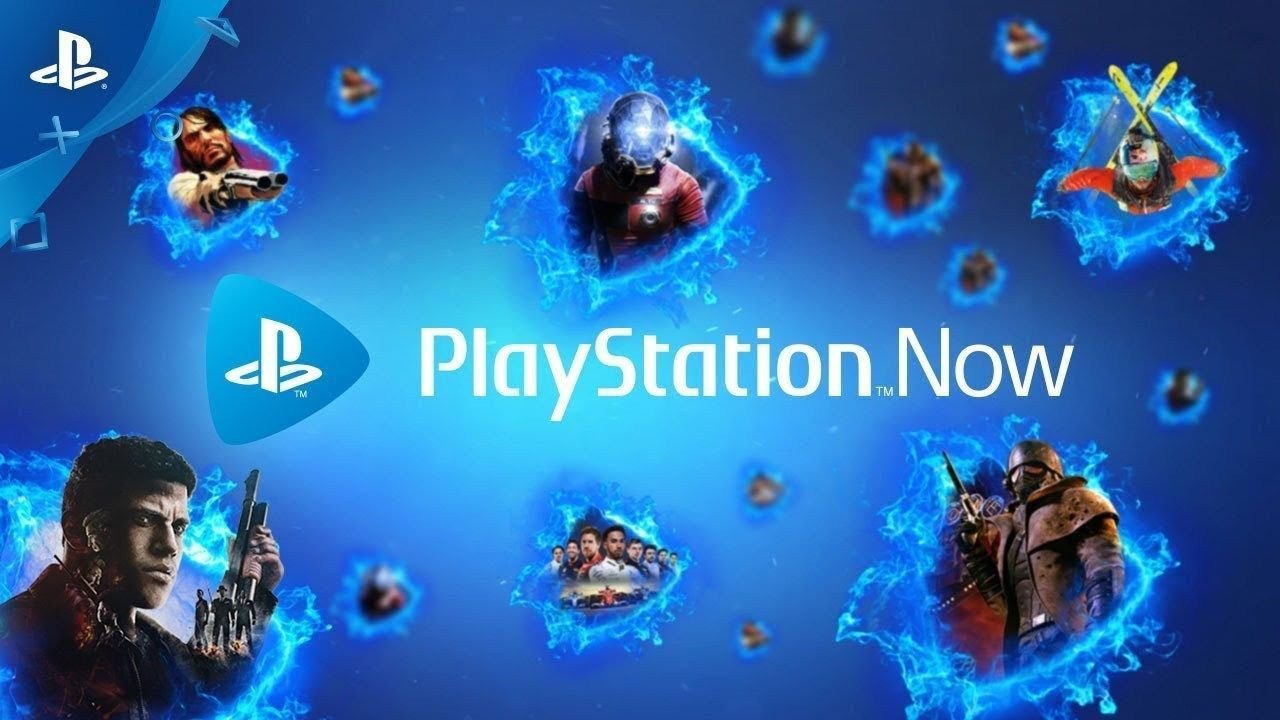





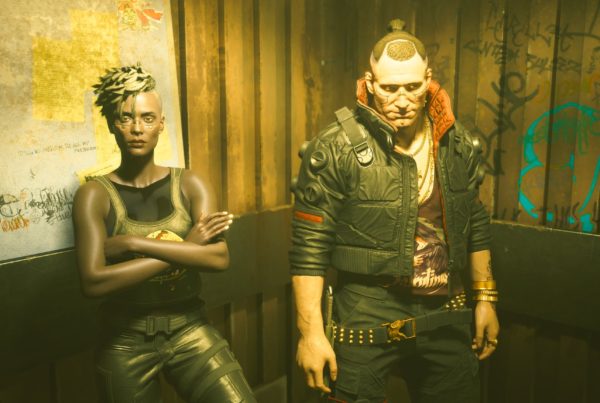
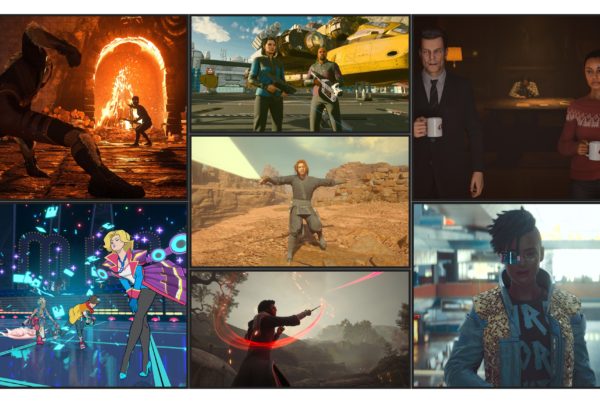
Average Rating